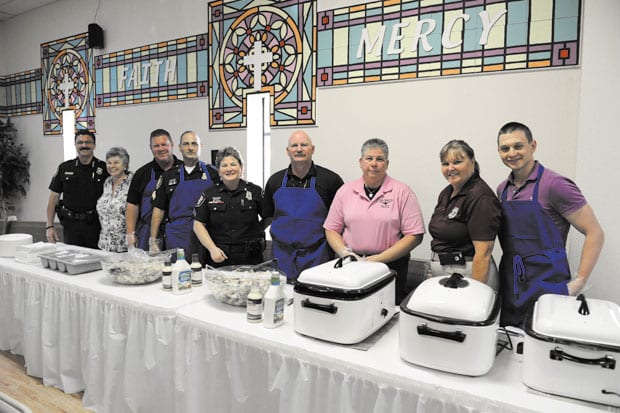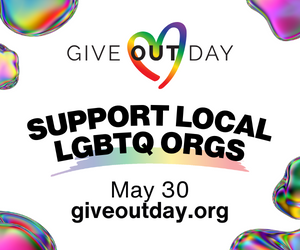A community leader witnessed the changes following the Rainbow Lounge
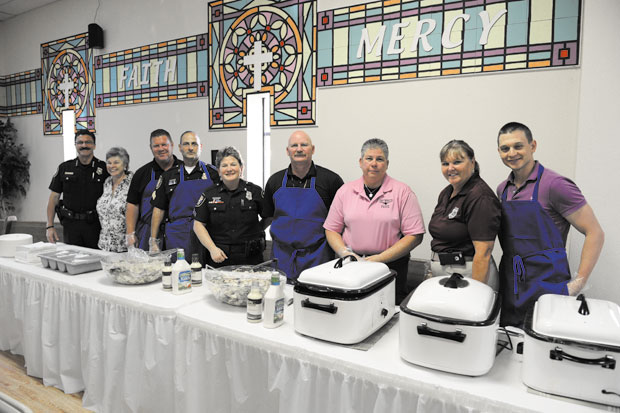
JAMES RUSSELL | Staff Writer
Editor’s Note: This is Part 2 of a two-part look into relationships between police and the LGBT community in North Texas, and how we are working to avoid the unrest that has erupted in Ferguson, Baltimore and New York. You can read part one here.
The Fort Worth Police Department screwed up during the Rainbow Lounge raid, but officials wouldn’t admit it. Chief Jeff Halstead and Texas Alcoholic Beverage Commission officials dug in their heels in the days following the bar raid.
Rainbow Lounge patrons touched officers inappropriately, Halstead insisted. They threatened us, he said.
Despite embarrassing international coverage, the chief stood by his officers’ actions: It didn’t matter if the gay bar raid fell on the 40th anniversary of another gay bar raid at the Stonewall Inn in New York City. Officers acted with discretion and appropriate force, the chief declared.
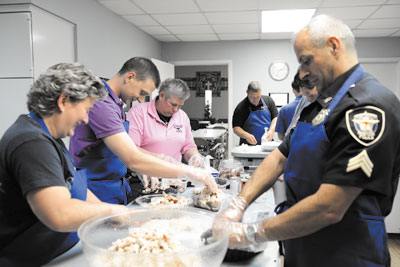 At first. Halstead soon backtracked, though, and a new bond was forged between his department and the LGBT community.
At first. Halstead soon backtracked, though, and a new bond was forged between his department and the LGBT community.
In the face of international attention, a contingent of local LGBT activists, including the Rev. Carol West of Celebration Community Church, met with Halstead to express their concerns. West entered the conversation furious but left cautiously optimistic.
She was confident to take a risk; as the pastor of an LGBT-friendly nondenominational Christian church, West decided to invite the chief and officers for a blessing ceremony.
“I didn’t know what would happen,” she said. “I didn’t know if I should expect riots.”
Before a packed congregation, West blessed the officers with a medal of St. Michael — commonly known as the patron saint of security. She vividly remembers what happened next.
“Forty officers came out [as lesbian, gay, bisexual or transgender] to the chief that night, to the congregation and Halstead. They said, ‘This is my partner, this is who I love.’”
No one rioted that night. Instead, another bond was formed between many LGBT members and law enforcement. In her eyes, the fragile bond only grew stronger. If 40 officers coming out to their boss wasn’t enough, department officials asked to meet with TABC officials at the church.
“The officers called the church a neutral ground,” West recalled.
Among the reforms launched on that neutral ground was a direct line of communication between the department and LGBT community, including the appointment of a LGBT liaison and appearances by officers every Wednesday afternoon at the church to hear community concerns.
The specific demographic and venue may have been new to the department, but the community outreach efforts were not.
“Fort Worth and FWPD have a long history of community policing — this is not a new thing for us here,” noted Cpl. Tracey Knight, the department’s LGBT liaison. “We rely heavily on the citizens of Fort Worth to assist us with public safety and we have a dedicated Neighborhood
Police Officer (NPO) for each and every beat area in the city. Like the LGBT liaison, NPOs answer questions and handle ongoing problems.
“He/she is the liaison between the department and the citizens we protect,” she wrote in an email response to Dallas Voice questions.
***
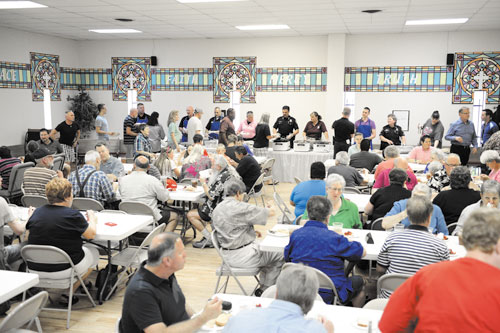 The tragic events in Baltimore, Ferguson, Mo., and elsewhere remind West of an earlier, scarier time. Through the 1950s and beyond, Fort Worth police officers would copy the license plate numbers of individuals seen outside gay and lesbian clubs, then published names in the city’s main daily newspaper, the Fort Worth Star-Telegram. Bar patrons were routinely attacked and harassed.
The tragic events in Baltimore, Ferguson, Mo., and elsewhere remind West of an earlier, scarier time. Through the 1950s and beyond, Fort Worth police officers would copy the license plate numbers of individuals seen outside gay and lesbian clubs, then published names in the city’s main daily newspaper, the Fort Worth Star-Telegram. Bar patrons were routinely attacked and harassed.
Now, unlike then, Fort Worth police report hate crime statistics to the annual Hate Crime Statistics report released by the Federal Bureau of Investigation.
In 2013, Fort Worth law enforcement reported nine hate-related incidents based on race, five on ethnicity and two based on sexual orientation.
Zero reports were filed based on gender and gender identity in Fort Worth and across Texas.
If that number sounds surprisingly small, it shouldn’t. Nationwide, of the 5,922 reported single-bias incidents, only were 1,402 hate crime offenses related to sexual orientation. Even more startling, only 33 offenses based on gender identity or expression were reported.
Despite a department’s best efforts, statistics are hard to gather. Animus toward and fear of the police stymie those efforts, according to the March 2015 report Discrimination and Harassment by Law Enforcement Officers in the LGBT Community, released by the Williams Institute, an LGBT think tank.
Conclusive data is especially hard to track in a state like Texas, which lacks laws explicitly protecting LGBT people. The patchwork of rules make it difficult to track anti-LGBT motivated bias or violence. LGBT advocates must rely on individual jurisdictions to report crimes.
“Without federal or state protections for LGBT people, it’s hard to get accurate data,” said Christy Mallory, Williams’ senior counsel and co-author of the report. “You can’t report an absence of something.”
“Each jurisdiction uses its own discretion about whether a crime fits a definition of hate violence when recommending charges to the district attorney,” wrote Sally Huffer with Houston’s Montrose Center. “Measurement relies on consistency and accuracy across jurisdictions and time, and we are far from having that, so the numbers are unreliable.”
Additionally, some crime victims won’t file reports because they fear being outed or having their complaints discounted. “Many people cannot afford to be outed so publicly, and so countless crimes are not counted in the right category, if they are reported at all,” she wrote.
If there’s anything to draw from the available data, it’s that “the relic of the Stonewall era still stands out,” Mallory added.
***
West and her congregants couldn’t be happier with the police department now. Still, the minister knows there are plenty of other steps to take and reforms to be made.
Fort Worth, noted Knight, successfully lobbied to be one of the six pilot cities for the National Initiative for Building Community Trust and Justice project, which seeks to improve community relations and best practices among various communities, including the LGBT community.
“We have a highly trained and very professional police department. That’s not to say that improvements can’t be made because there is always room for improvement,” Knight wrote.
Ensuring fair and equal treatment was not limited to law enforcement following the raid. “18 of the 19 recommendations from the diversity task force formed after the raid have been implemented,” Knight added. Even with a clear ways to go to ensuring fairness and equality, West recalled a milestone moment in the post-Rainbow Lounge era.
During the 2014 Tarrant County Gay Pride parade, West marched hand in hand with Halstead. She recalled people cheering for the police.
“That wasn’t the case during Stonewall,” she said, “but I don’t think our story is typical in many cities [either]. It wasn’t something I ever expected to see, much less in this city. [The strides made since the raid] really speak to the culture of our area.”
This article appeared in the Dallas Voice print edition May 29, 2015.







